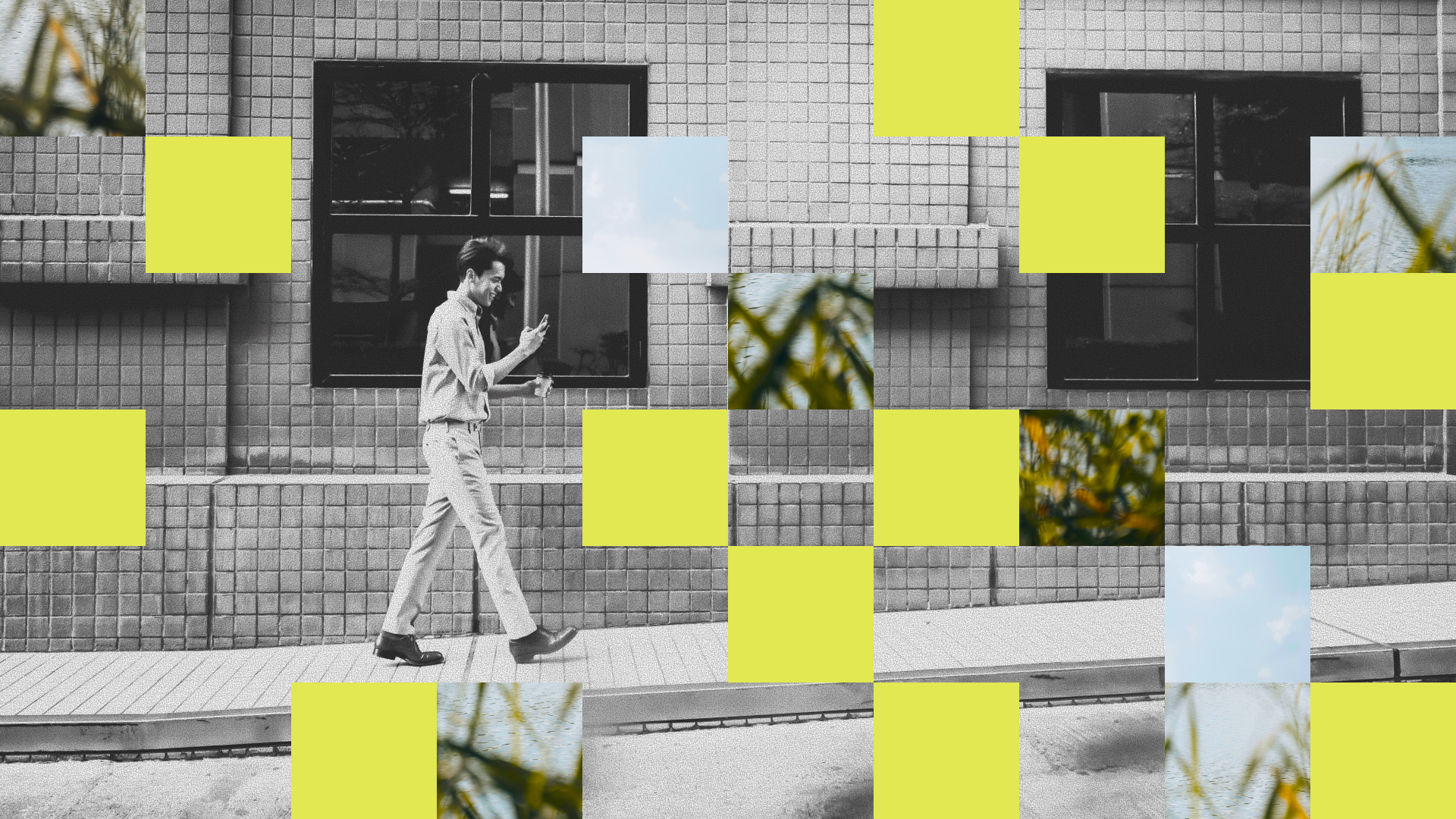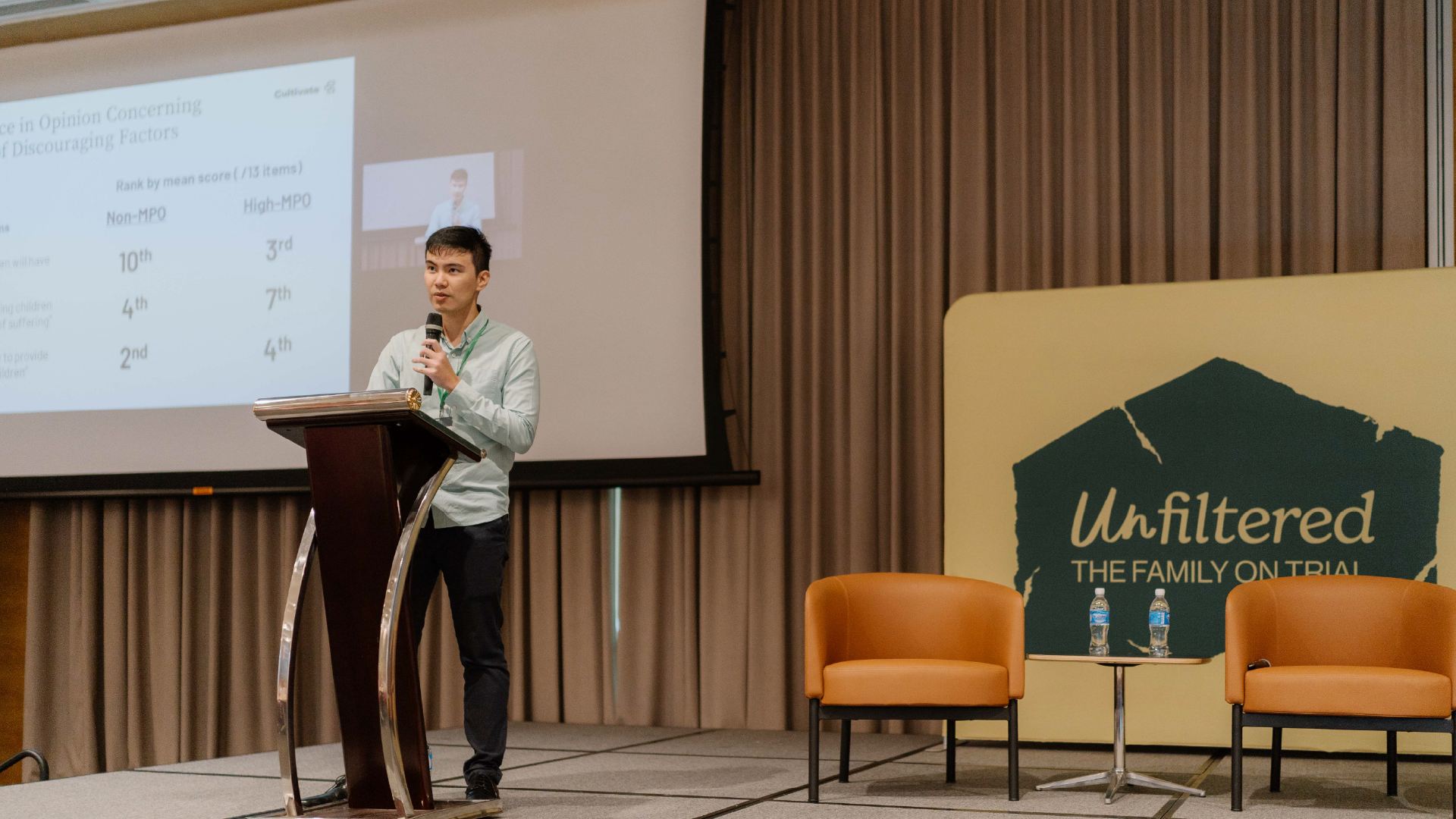Let’s revisit some key principles about why family matters to individuals and to society.
And with that, I go back to the Universal Declaration of Human Rights. Article 16(3) says that: “The family is the natural and fundamental group unit of society and is entitled to protection by society and the State.”
So, what is very interesting about this particular Declaration of Human Rights is that this is recognised as a fundamental human right in and of itself; that the family has human rights and the family is considered the basic group unit of society. So, human rights are not just individual, but they also protect groups. And the family is one of those groups. Lee Kuan Yew, in his well-known book From Third World to First, published in the year 2000, said this:
Singapore depends on the strength and influence of the family to keep society orderly and maintain a culture of thrift, hard work, filial piety and respect for elders and for scholarship and learning. These values make for a productive people and help economic growth.
Again, the current Prime Minister Lawrence Wong said that “Families have been at the heart of our nation-building journey since the very beginning. Because families are the bedrock of our society.”
So when we think about family, we have to trace back in terms of Singapore’s development. A very much unspoken part about Singapore’s development over the years has been the contribution of family – the contribution of individual families, individual fathers and mothers, individual children – individual relationships that have been building society in a very careful, very quiet, very private, yet consequential kind of way.
What We Mean by “Family”
When we talk about “family”, we need to understand what we are really talking about.
And what do we really mean by “family”?
For one, we need to always focus on the needs of children. Out there, there may be a lot of ideas about what “family” actually means, but I like this quote by District Judge Shobha Nair in a 2018 Singapore case:
Even with prosperous advances in technology, a child is born of the union between a man and a woman. That remains today, the starting point of any reasonable discourse on human identity and the rights of individuals.
So when we talk about “family”, we need to always bear in mind what is the institution that best protects the needs of children, and that includes the right to one’s father and mother, the two people who have worked together to bring them into existence.
And so it says this right here in the Preamble on the Convention of the Rights of the Child, that “the child, for the full and harmonious development of his or her personality, should grow up in a family environment, in an atmosphere of happiness, love and understanding”.
“Toxic Masculinity”?
We need to think about the consequences when we decide to remove any particular one of the family members out of the equation.
I gather this from this particular report from the Centre for Social Justice in Britain, and this perhaps would provoke us to think about the idea of masculinity. We have had research shared earlier today about the benefits of fatherhood, but think about it from the other perspective.
What if fathers are no longer in the picture? And what about this idea of “toxic masculinity”? Is it true that all masculinity, for example, some people say is “toxic”? Or is that actually a positive influence? And these statistics tell us that masculinity – the involvement of fathers – has a very powerful impact on children, particularly boys. I quote from the report:
Britain is suffering from an epidemic of fatherlessness. 2.5 million children in the UK have no father figure at home, representing one in five of all dependent children.18 Almost half of first-born children by age 14 do not live with both natural parents. For those born in 1970, this figure was just 21 per cent…
The links between father absence and a range of outcomes are increasingly apparent. For example, 76 per cent of children in custody said they had an absent father. With the annual cost of a prisoner being £50,000, father engagement is imperative for cost saving, reducing the prison population, and lifesaving measures.
The flip side of the picture is basically that if they had their fathers involved and actively involved, they could have reduced that figure. They could have reduced the criminality that led these children to end up in prison in the first place.
And continue to quote from that report:
Fatherlessness in childhood also has a particularly stark impact on the mental health of young men, yet boys are more likely now to own a smartphone than to live with their dad.
So what does it say about masculinity? Actually, fathers have a very important role in shaping the identity, the values and the habits and the behaviours of the next generation, and that is especially important for boys.
The flip side of the picture is this. This was a piece of research produced by the then-Ministry of Community Development, Youth and Sports in 2009, summarising international research on the benefits of fatherhood.
It said that fathers and mothers bring unique and complementary contributions to the family. Active fatherhood makes a unique and crucial difference to:
- Children, in terms of their social, emotional and cognitive development;
- Mothers, as partners in the co-parenting relationship;
- Fathers themselves, in their own path of adult development.
To quote from the booklet:
Mothers and fathers often bring different strengths and styles to their parenting roles.
Compared to mothers, fathers spend more of their one-on-one interactions with infants and preschoolers in stimulating, playful activity, and are more boisterous in their play not just with sons but also daughters.
From such interactions, children learn how to regulate their feelings and behaviour, are more comfortable exploring the world around them, and are more likely to exhibit self-control and pro-social behaviour.
Think about the dynamics between fathers and mothers – and Bryan Tan alluded to some of these earlier today.
If a child falls down from a bicycle, what is the mother’s typical reaction? “Oh no. What happened? Oh poor thing. Okay, okay. Come, come. Come on, you do it. Are you fine?”
What is a father’s typical reaction? “So is it painful? Is there blood? No? Okay. Carry on please.”
I cite from my own anecdotal experience as well, which is generally that.
Bryan said something which is very true. Both parents are trying to protect the child, but are protecting the child in different ways.
The mother protects the child through nurture, through care, through dealing with any kind of emotional or physical pain. And there is a role for that.
But a father prepares the child by empowering the child, being future-ready, by equipping the child with the right skills, with the right understanding of the world, and the ability to learn to pick himself up after falling down.
And I think that is an important dynamic. You need both. You need both fathers and mothers to be actively involved, for children to understand both perspectives.
Imagine if that child only had a mother. Imagine if that child only had a father. I think you would get a great imbalance in their attitudes towards the world.
One might end up with a child that is overprotected, maybe very weak, unable to face challenges. The other might end up with a child that is a little bit too aggressive, a little bit too hard, a little bit too uncompassionate towards other people. So we always need both the father and mother.
Family as a Social Institution
When we think about “family”, we need to realise that the family doesn’t just stop at one generation, but is a multi-generational structure.
I am a father myself, but I am also a son. I am also a brother, and I have many other relationships down the line. So family connects us both past, present and future.
That is what makes family such an institution that endures across time.
But perhaps some of us here might be wondering – and even though this is a “husbands and fathers” track at the conference – some of us here might be in a state of singleness.
You might be wondering: What if I am single? What if I have no children?
Now let’s think about an analogy from another institution: The justice system.
For example, you might not be a policeman. You might not be a lawyer. You might not be a judge. You might not ever be involved in any lawsuits with anyone, or any criminal proceedings brought against you. And you may have never been involved in making or breaking any laws. You are not a lawmaker or a criminal in any sense.
But if you live in a society where the justice system is broken, everybody suffers.
So when you talk about family, family is an institution in society. You may not be a father or a grandfather. You may not be a brother or a cousin to anyone. But at the very least, you are a son of both a father and a mother, and you are certainly part of society.
Family is more important than your personal relationships at this point in time. It is a social institution. And when that is broken, everyone suffers.


